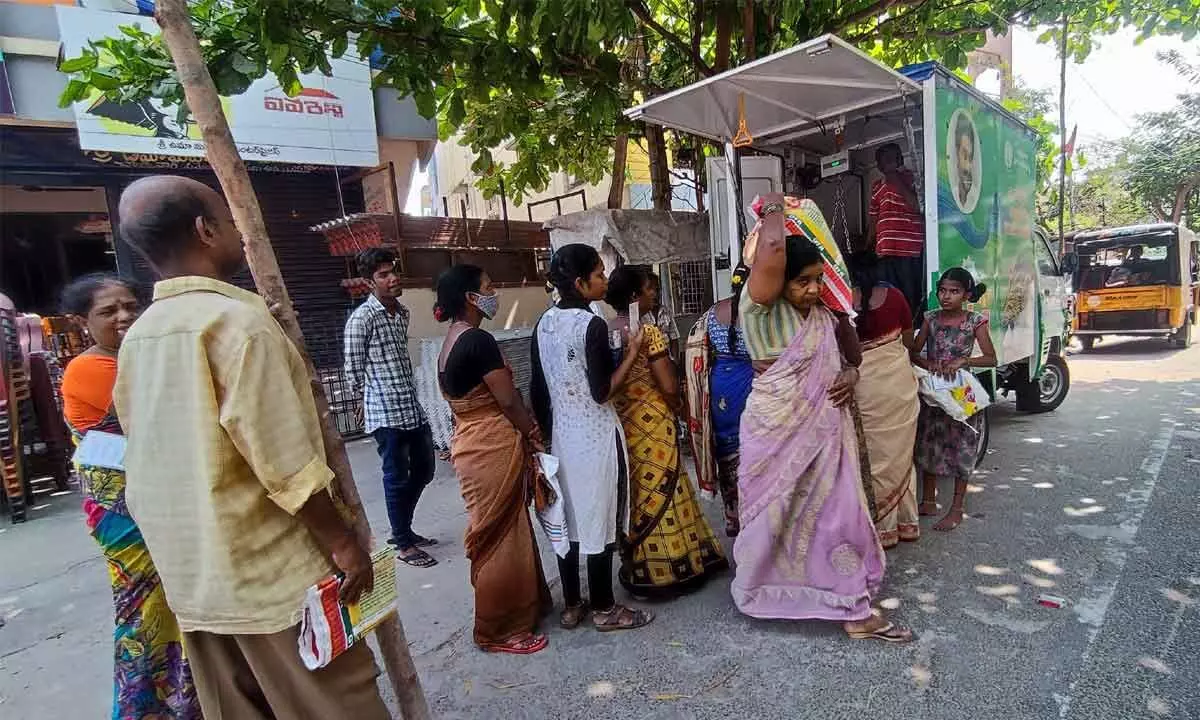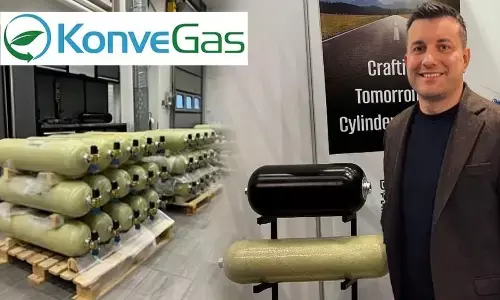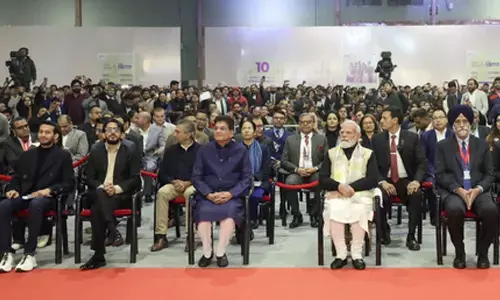Direct benefit transfer, a cost-effective alternative

Beneficiaries waiting in a queue to get rice from a mobile dispensing unit in Visakhapatnam
The Andhra Pradesh government is preparing to launch direct benefit transfer in lieu of supplying rice under the Public Distribution System (PDS).
Visakhapatnam: The Andhra Pradesh government is preparing to launch direct benefit transfer in lieu of supplying rice under the Public Distribution System (PDS).
In connection with this, a survey will be conducted at Gajuwaka constituency of Visakhapatnam and Anakapalle districts spread over Greater Visakhapatnam Municipal Corporation (GVMC) limits.
Guidelines have been issued by the government to the Civil Supplies Department to this effect. Every month, 5-kg of rice per person is being distributed to the cardholders. In the wake of the Covid-19 pandemic, rice has been distributed twice a month since April 2020. While the state government charges Rs1 per kg of ration rice, the Union government distributes it free of cost. A family of four gets 40-kg of rice every month.
However, a majority of the beneficiaries in the district are selling ration rice to middlemen without consuming it. And the middleman transports it to the rice miller. Some of the middlemen even resort to going door-to-door to procure ration rice for Rs10-13 per kg. The PDS-procured rice is being sold to rice millers at Rs15-20 per kg. Many ration dealers and Mobile Dispensing Units (MDU vans) staff also buy rice from cardholders and sell it to the millers.
Earlier, officials of the Civil Supplies Department conducted raids at rice mills in Anandapuram, Chodavaram and Padmanabhammandals as well as the ones located in the adjoining East Godavari district and noticed that PDS rice was arriving at mills. millers are polishing the PDS rice and selling it at a premium price in the open market. To put an end to this illegal practice, initially, a direct benefit transfer system will be implemented for the beneficiaries in Anakapalle and Gajuwaka zones.
April 18, volunteers will conduct a survey in the respective wards to check on the cardholders' willingness. As a part of it, a training programme was also carried out to the staff. "Within Anakapalle limits itself, there are about 25,000 cardholders. The trained staff will visit the houses of beneficiaries and take stock of their willingness to shift to the direct benefit transfer system. After accepting the cash transfer system, there is also a provision to revert to the old system by seeking support of the volunteers," explains R Shiva Prasad, Civil Supplies District Officer, Anakapalle.
Volunteers will visit every beneficiary's house and explain the cash transfer system and record their opinion. Based on the survey, a comprehensive data will be submitted to the District Collector in this month-end. The option of cash transfer is applicable only to the rice cardholders who will be supplied rice from the state government. Is not applicable to Annapurna and other cardholders of the food security scheme implemented by the Central government.
According to the official figures, there are 25,000 white ration cardholders in the Anakapalle and 85,000 in Gajuwaka zone.
The government is spending Rs37 per kg on rice in the present system. However, under the direct benefit transfer, there is a possibility of spending only Rs12 and Rs15 per kg and thus it is considered a cost-effective and win-win alternative.














